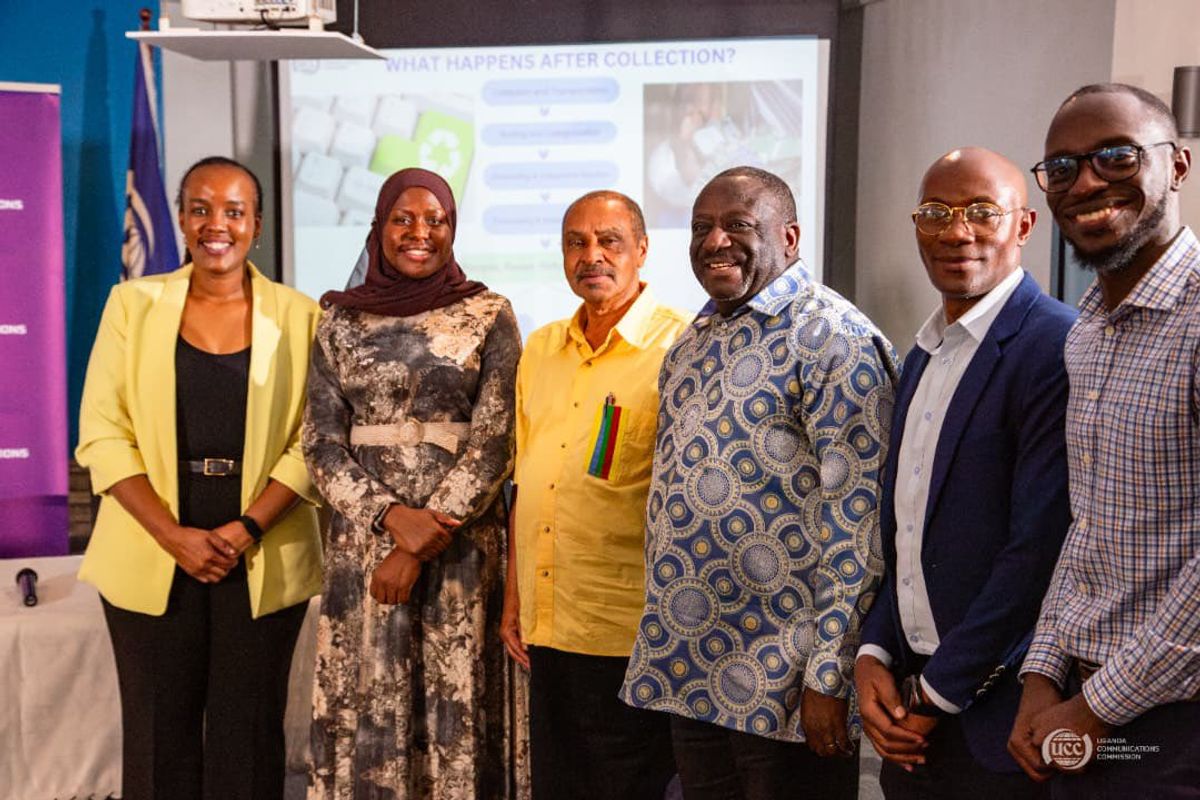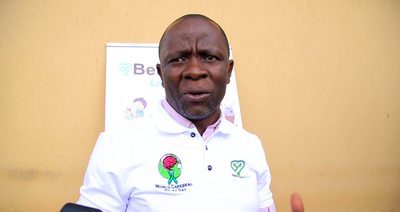
Tech and Communication
UCC Launches Uganda’s First E-Waste Collection Pilot to Curb Rising Environmental and Health Risks
The Uganda Communications Commission (UCC) has unveiled the country’s first pilot project dedicated to collecting and safely disposing of used electronic gadgets, with a focus on ICT devices such as mobile phones, computers, and chargers. The initiative aims to address the escalating public health and environmental threats posed by unmanaged e-waste.
Speaking at the launch, Ministry of ICT and National Guidance Permanent Secretary Amina Zawedde hailed the project as “a significant milestone” towards a cleaner and more sustainable Uganda. “While ICT has transformed lives and created new opportunities, it has also brought the challenge of e-waste—devices that have reached the end of their life and are often discarded improperly,” she said.
According to UCC data, Uganda generates an estimated 41 million kilograms of e-waste annually—equivalent to 0.9 kg per person—yet only 0.2 million kilograms are formally collected and recycled. A 2020 study revealed that 85% of ICT devices become waste within four years, with most ending up in landfills or in the informal sector, causing pollution and health hazards.
Old electronics, from broken chargers and routers to TV sets and outdated mobile phones, often contain harmful substances like mercury, lead, and cadmium. These toxins can contaminate soil and water, trigger respiratory illnesses, cancers, organ damage, and even fires when batteries are stored improperly. The prevalence of counterfeit ICT products, which fail more quickly than genuine ones, further compounds the e-waste challenge.
Zawedde noted that while Uganda introduced the National Electronic Waste Management Policy in 2012, later reinforced by the National Environment Act (2019), recycling capacity remains limited. The country currently operates a single national e-waste management centre in Kampala, launched in 2021 by NEMA and the National Enterprise Corporation.
“One centre is not enough. We need regional facilities to ensure effective e-waste collection nationwide,” she said, revealing that the policy is being updated to enhance institutional coordination, hold manufacturers more accountable, and align with circular economy principles.
The pilot project will set up public drop-off points for unused or broken ICT devices. Two implementing partners—Towa Uchafu Na Nusu and Value-Added Services Consults Ltd.—will manage collection, with technical support from NEMA, KCCA, and Luwero Industries.
UCC Executive Director Nyombi Thembo stressed that the initiative is about more than disposal. “It is about building a long-term ecosystem for responsible e-waste management where public awareness, regulatory enforcement, and environmental protection work hand in hand,” he said, adding that the project will promote manufacturer “take-back” schemes for recycling and refurbishment.
“Due to ignorance, many people store unused electronics at home, unaware of the dangers,” Thembo warned, urging citizens to heed the campaign slogan, “DECLUTTER E-WASTE TODAY.” UCC Director of Engineering Alfred Bogere echoed the call: “Every phone, cable, or computer you dispose of safely brings us closer to a cleaner, healthier Uganda.”
The programme supports Uganda Vision 2040 and the National Development Plan, which position ICT as a key driver of economic growth. Zawedde cautioned that with continued digitalisation, more devices will flood the market, intensifying the need for proper disposal strategies.
Implementers plan to work with ministries, local governments, schools, businesses, and civil society to expand awareness campaigns and strengthen collection networks.














Roswell Mbabazi
Leave a Comment
Your email address will not be published.